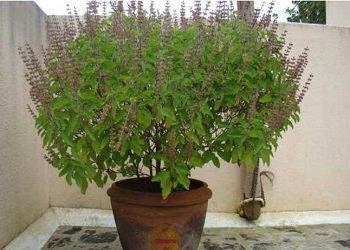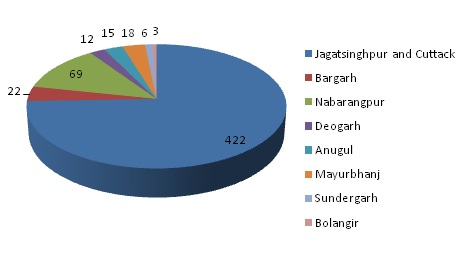Overview

GENESIS OF THE ORGANISATION:
Institute of Rural Development & Management Studies (IRDMS), started by a group of young people who had been working actively in the social sector for a significant period of time on a volunteering mode. In the absence of much resource this group of youths tried to empower the people so that they can raise their voice to get their entitlements from the authorities. But the youths were heartened by the spontaneous response from the people. As a result of this response and request of the people to make it more diverse and more effective it was decided to formalize this group and give it a legal status. Later this forum was given appropriate legal status as per the law of land.
LEGAL STATUS:
The organisation is registered under the Society Registration Act, 1860 (Act of XXI) and the valid registration no. is 6946-622/95-96 having re-registered at IGR with valid no. of 23059/66
IRDMS is also registered under the FCRA 1976 with valid registration no. 104830087 dated 04.12.2001
IRDMS is registered under U/s 12 (AA) of Income Tax Act, 1961 vide order no. 116/01-02
The organisation is also recognized by AWBI (Ministry of Environment & Forests, Govt. of India) vide its order no. OR 029/2002.
Organisations’ PAN No. AAATI3690L
TAN No. BBNI00783G
Service Tax No. AAATI3690LSD001
MANAGEMENT STRUCTURE OF IRDMS:
IRDMS is a democratically governed institution which is based on democratic principles of equality and accountability. The General Body is the supreme decision-making body of the organisation which meets at least once a year and major policy decisions are taken at this forum. For day-to-day functioning of the organisation a small Governing Body is elected by the General Body for a fixed term. Besides, the General Body also elects the various office bearers who are accountable to the General Body. Secretary is the Chief Functionary of the organisation who manages the affairs of the organisation in good faith in the best interest of the organisation. A broad outline of the organisation structure is given elsewhere in this report.
OBJECTIVES:
The detailed objectives of the organisation are enumerated in the Memorandum of Association. Some of the objectives which are dear to the organisation are –
To empower the poor and the marginalized to enable them to look after their own development
To make the women aware regarding their due rights
To work for the welfare of the children and ensure their rights
To work for increasing livelihood options for the poor and marginalized
To train the unemployed youths in vocational and skill training for better job opportunities
To provide quality health services to the under-served
To provide quality an affordable education to the poor children
To ensure rights of the Dalits & Adivasis through a process of empowerment
STRATEGY
IRDMS adopts a strategy of empowerment where the stakeholders are treated as equal partners’ not just recipients of grants and aids.
STRENGTH:
The real strength of the organization is the people and stakeholders who have extended their unqualified support to the organization in every respect.
CORE VALUES
GEOGRAPHICAL AREA OF OPERATION:
In comparatively a short period of time the organisation has spread its activities to a large geographical area. At present the activities of the organisation is spread over 537 villages across eight districts of the state of Odisha. The following table will give a rough idea regarding the extent of activities of IRDMS.
| District | No. of Blocks covered | No. of G.P.s covered | No. of Villages covered | No. of Beneficiaries covered |
|---|---|---|---|---|
| Sambalpur | 1 | Municipal Area | --- | 300 |
| Baragarh | 2 | 2 | 22 | 1550 |
| Nabarangpur | 2 | 17 | 69 | 12635 |
| Deogarh | 1 | 2 | 12 | 3686 |
| Anugul | 2 | 2 | 15 | 3800 |
| Mayurbhanj | 2 | 7 | 18 | 5016 |
| Sundergarh | 2 | 4 | 6 | 125 HHs |
| Bolangir | 1 | 1 | 3 | 186 HHs |
Area of Operation (No. of villages covered under different operational districts)

